A Healthier Approach to Home Hygiene

In our quest for spotless homes, could we be unwittingly compromising our health? Recent research suggests that over-sanitization may pose risks akin to smoking 20 cigarettes a day.1 Indeed, a study in the American Journal of Respiratory and Critical Care Medicine uncovered a concerning trend: women who zealously cleaned their homes exhibited higher asthma rates, standing at 12.3%. The culprit? Conventional cleaners laden with chemicals that not only pollute indoor air but also trigger a host of health woes, from chronic respiratory issues to cancer.2
The Hidden Dangers of Over-Sanitization
Contrary to popular belief, not all bacteria are adversaries. Excessive sanitization may eradicate beneficial microbes crucial for bolstering the immune system—particularly detrimental for infants in their formative first year. Astonishingly, the highest incidences of asthma and allergies manifest in affluent, hyper-sanitized societies. Conversely, research illuminates a stark contrast: children raised on farms or in pet-friendly environments, rich in microbial diversity, exhibit significantly lower rates of allergies and asthma. Harsh antibacterial agents and frequent triclosan exposure—common in many household cleaners—further exacerbate these health concerns.
Clearing the Air: A Vital Balance
While pristine indoor air quality is paramount, achieving it necessitates a nuanced approach. Indoor environments harbor a litany of pollutants, with pollutant levels often surpassing outdoor air by two to fivefold.3 Volatile organic compounds (VOCs) from paints and carpets, lead residues in household dust, and insidious contaminants like radon and formaldehyde conspire to jeopardize respiratory health. Employing dehumidifiers to maintain indoor humidity between 30-50% curtails allergen proliferation, safeguarding against dust mites and mold. Regular air conditioner maintenance—a task often overlooked—ensures optimal performance and minimizes indoor pollen dissemination. Neglected filters not only impede airflow but also exacerbate air quality issues by dispersing dust and debris.
Striking a Harmonious Balance
Maintaining a hygienic home is crucial, yet achieving equilibrium between cleanliness and health is paramount. While diligent attention to high-risk areas like bathrooms and kitchens is prudent, fretting over every tracked-in speck of soil is unnecessary—these contain beneficial microbes vital for a robust immune system. Embracing natural cleaning products mitigates exposure to hazardous airborne pollutants. Alarmingly, a study by the National Center for Biotechnology Information revealed that nearly 35% of adults using fragranced cleaning products weekly experienced adverse health effects. Harnessing the power of aromatherapy with pure essential oils not only can help purifies the air but also may fortify the immune system and promote relaxation. However, exercise caution: synthetic fragrances prevalent in cheaper diffusers may pose health risks and degrade air quality. Opt for therapeutic-grade essential oils tailored to your needs.
In Pursuit of Healthier Homes
Striving for sterilized sanctuaries may unwittingly strip away beneficial bacteria, undermining our well-being. Embrace a cleaning regimen anchored in natural products and prioritize air purification to foster a safe, clean, and healthy home environment.


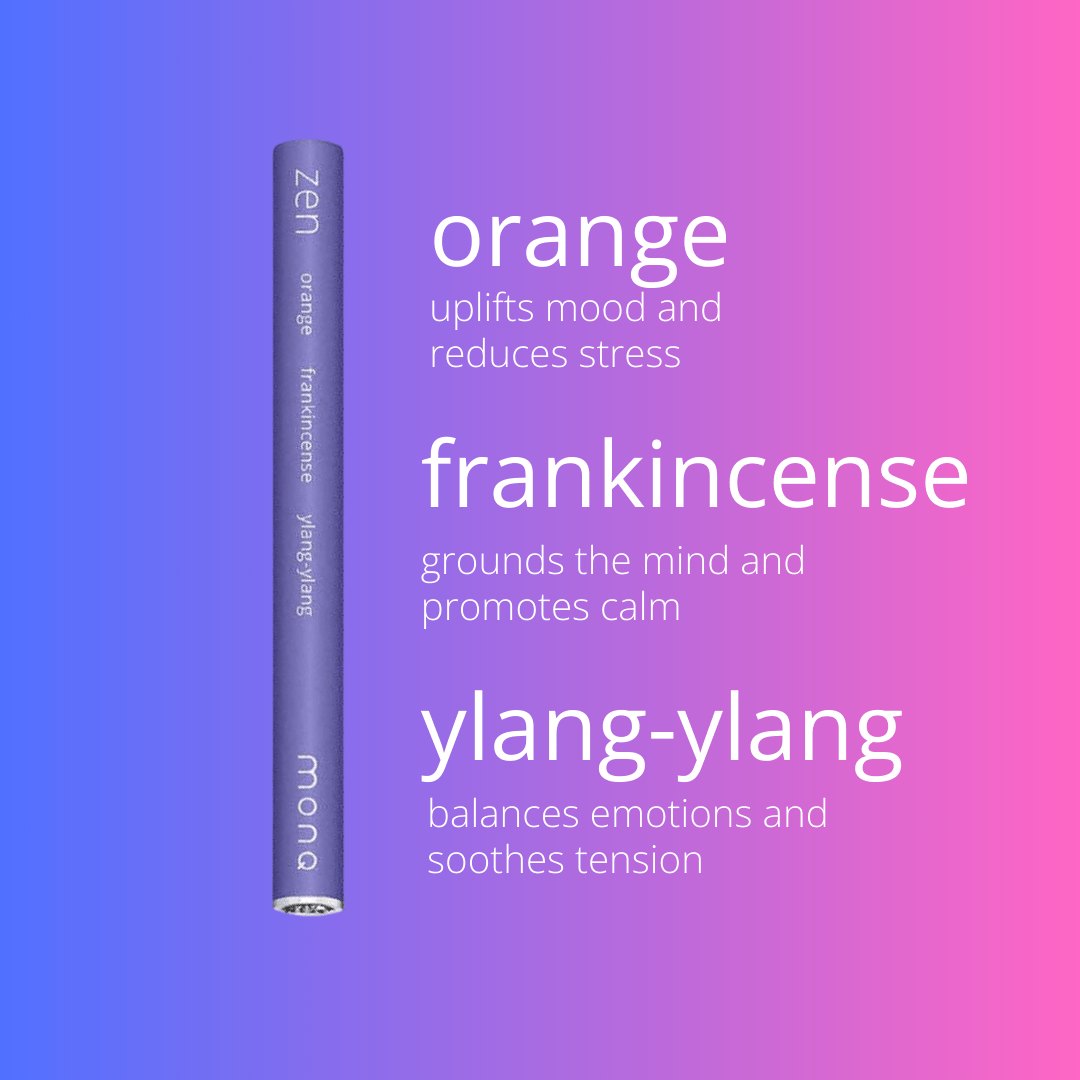
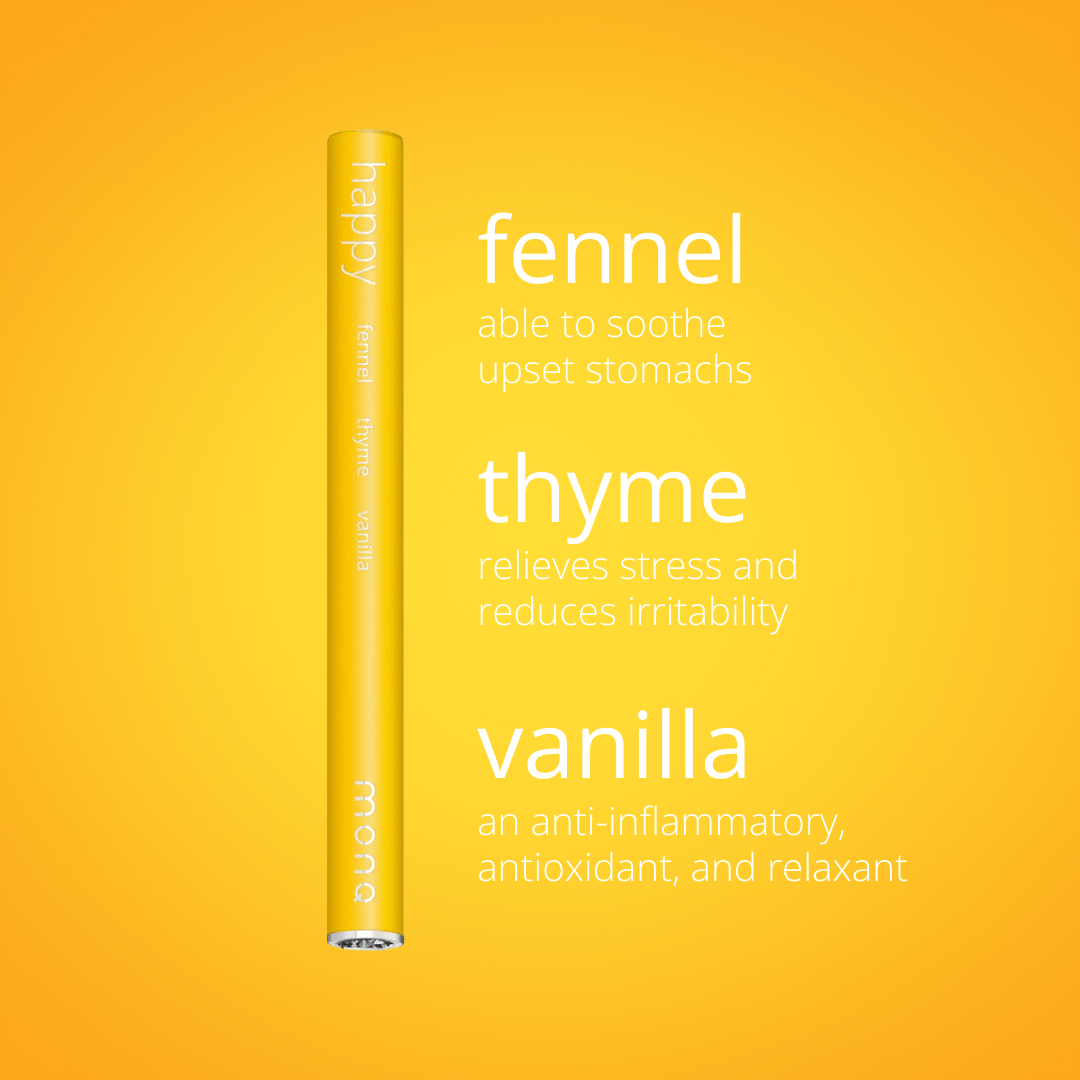
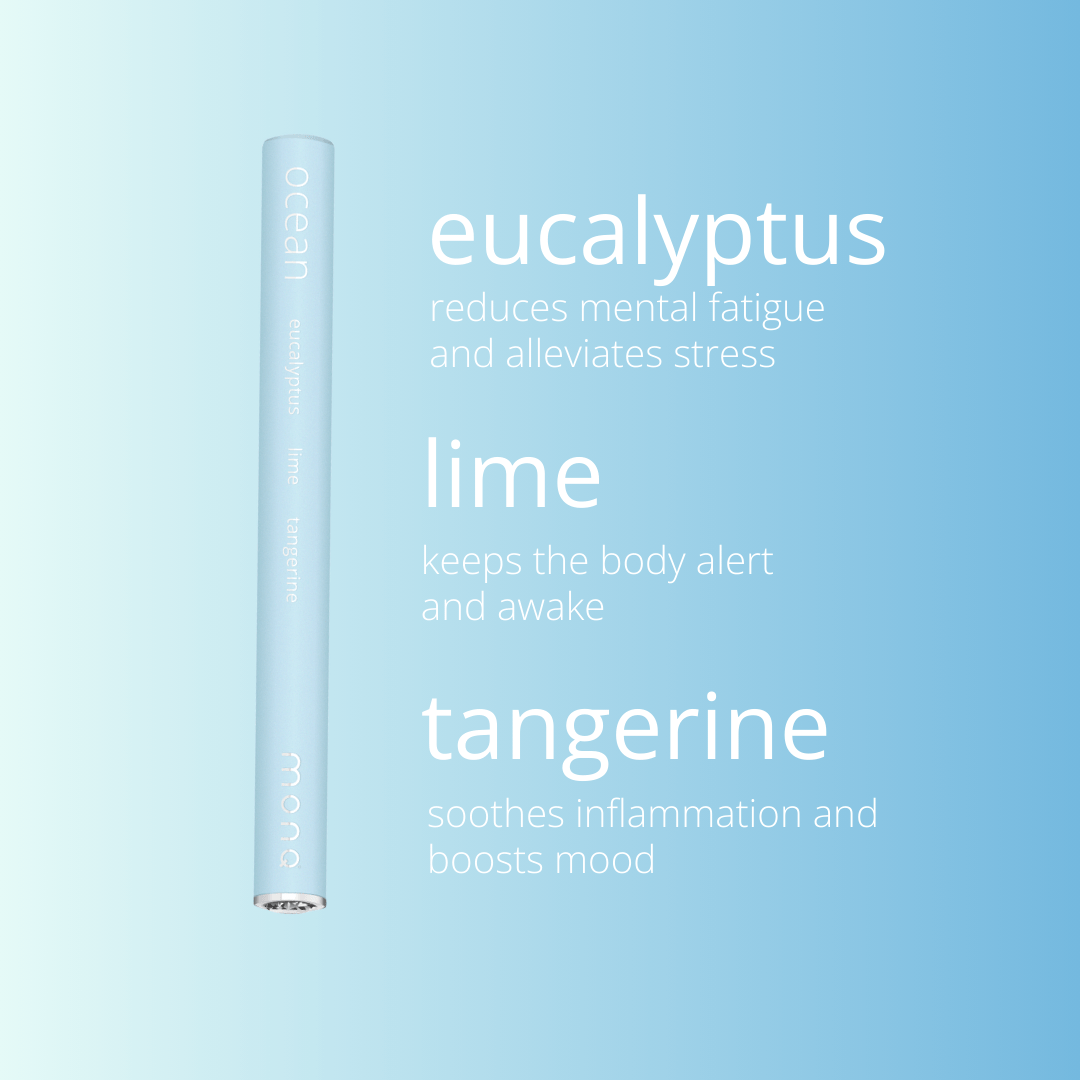
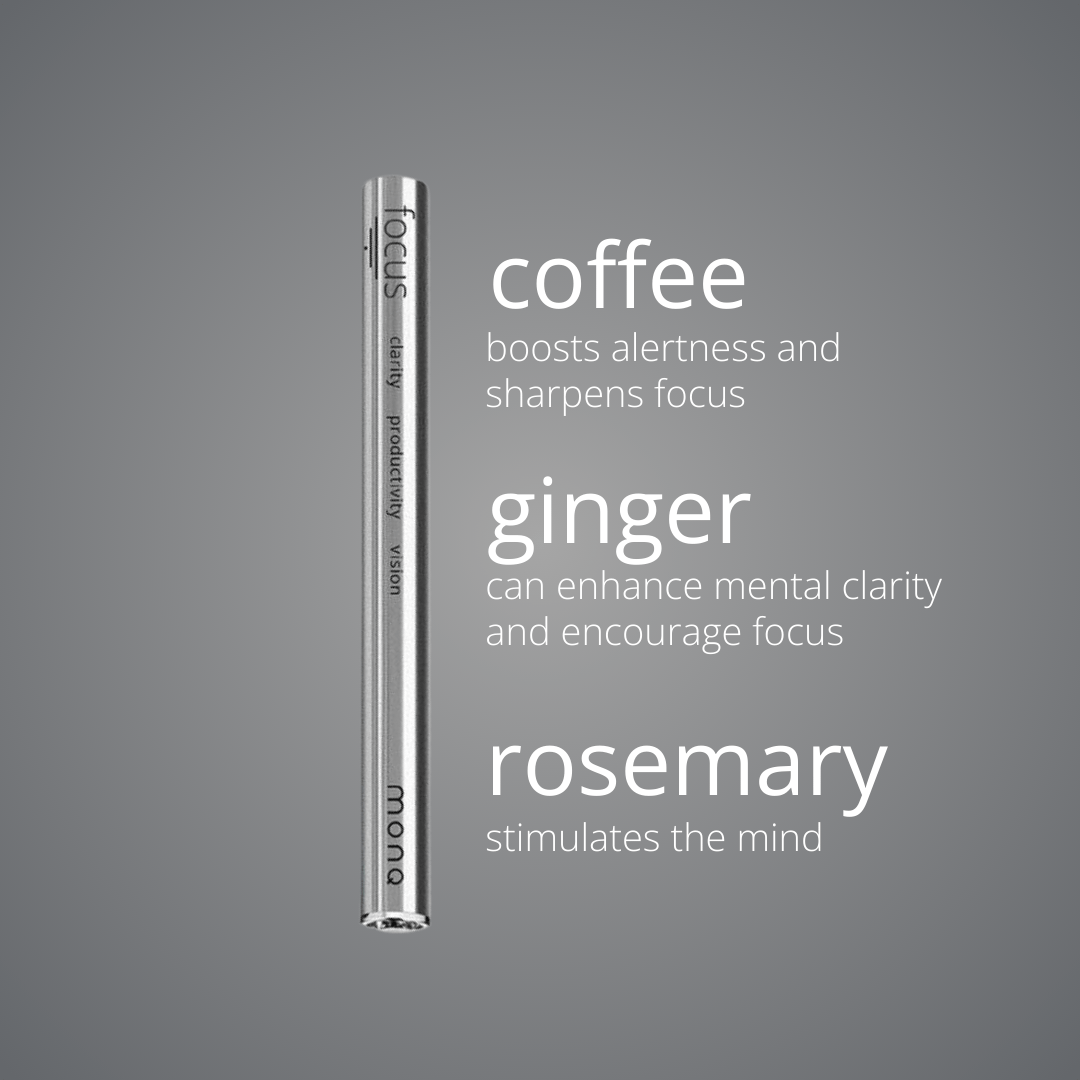
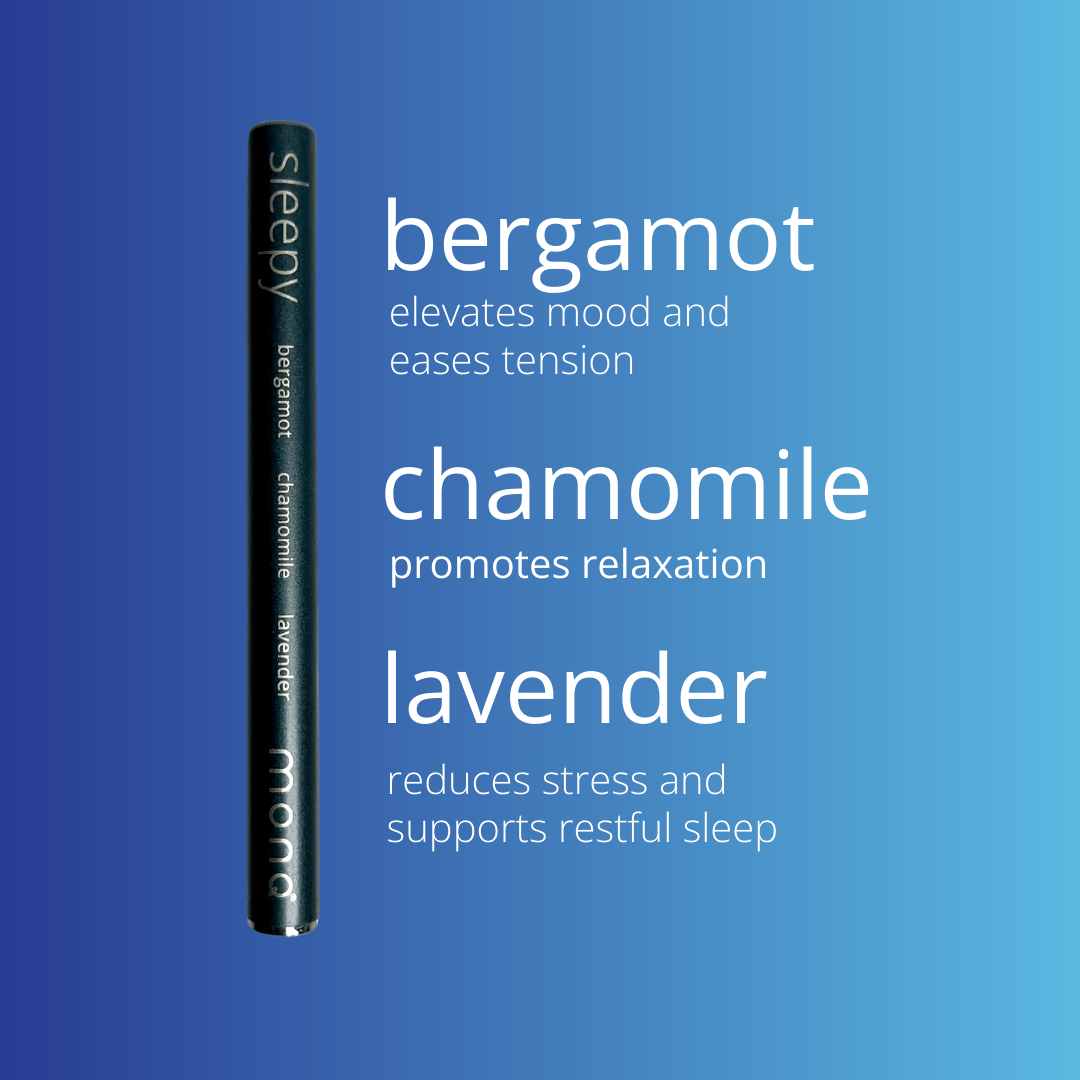

Leave a comment